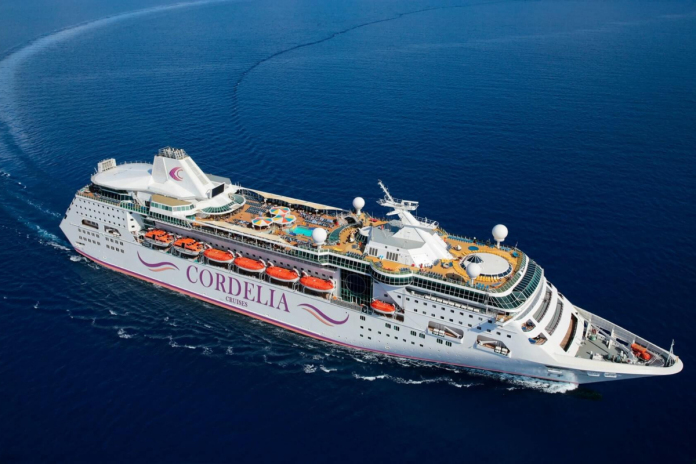The Union Minister of Ports, Shipping & Waterways, Sarbananda Sonowal, recently launched the ‘Cruise Bharat Mission’ from Mumbai port, a strategic initiative aimed at revitalizing India’s cruise tourism industry.
The mission seeks to double cruise passenger traffic by 2029, enhancing both sea and river cruise tourism. As per the official statement, the mission aims to attract over 1.5 million river cruise passengers, leveraging more than 5,000 kilometres of India’s operational waterways.
Sonowal highlighted the significance of this mission, calling it a “watershed moment” in transforming India’s maritime tourism sector.
He emphasised that under the leadership of Prime Minister Narendra Modi, the government is dedicated to harnessing the Blue Economy’s potential, which remains largely untapped despite India’s vast coastline and waterways.
The mission aims to build world-class infrastructure and foster sustainable growth in cruise tourism, thereby enhancing the maritime sector.
Implementation Phases of Cruise Bharat Mission
The implementation of the Cruise Bharat Mission is spread across three phases, running from 1 October 2024, to 31 March 2029:
Phase 1: Focuses on research activities, master planning, and building cruise alliances with neighboring nations. It will also work on modernizing existing cruise ports, marinas, and destinations to maximize the potential of cruise circuits.
Phase 2: Aims to develop additional marinas, cruise terminals, and destinations to engage high-potential cruise circuits and sites, further expanding India’s cruise infrastructure.
Phase 3: Continues expanding cruise terminals, marinas, and destinations, while integrating all cruise circuits across the Indian Subcontinent to signify the ecosystem’s maturity.
Key performance indicators across these phases include expanding sea cruise passengers from 0.5 million in Phase 1 to 1 million by Phase 3, with sea cruise calls increasing from 125 to 500. The number of river cruise passengers is also expected to grow from 0.5 million to 1.5 million by Phase 3.
Additionally, the number of international cruise terminals will rise from 2 to 10, and river cruise terminals will increase from 50 to 100, ultimately generating around 0.4 million new employment opportunities in the sector.
The ‘Cruise Bharat Mission’ aims to build on this growth, with an expected rise in sea cruise passengers from 4.6 lakh in 2024 to 5 million by 2047. The mission also plans to increase cruise calls from 254 in 2024 to 500 by 2030, eventually reaching 1,100 by 2047, reports Business Standard.
Three Segments of Cruise Tourism
The mission identifies three main segments of cruise tourism:
Ocean & Harbour Cruise: Includes ocean cruises, coastal and deep-sea excursions, as well as sailing and yachting trips from various harbors.
River & Inland Cruise: Focuses on river and inland cruises, exploring canals, backwaters, creeks, and lakes.
Island Cruise: Offers live-aboard excursions, boutique cruises to lesser-known locations, lighthouse tours, and inter-island cruises.
The ambitious Cruise Bharat Mission represents a comprehensive approach to leveraging India’s natural maritime resources, with a focus on both economic growth and employment generation.


